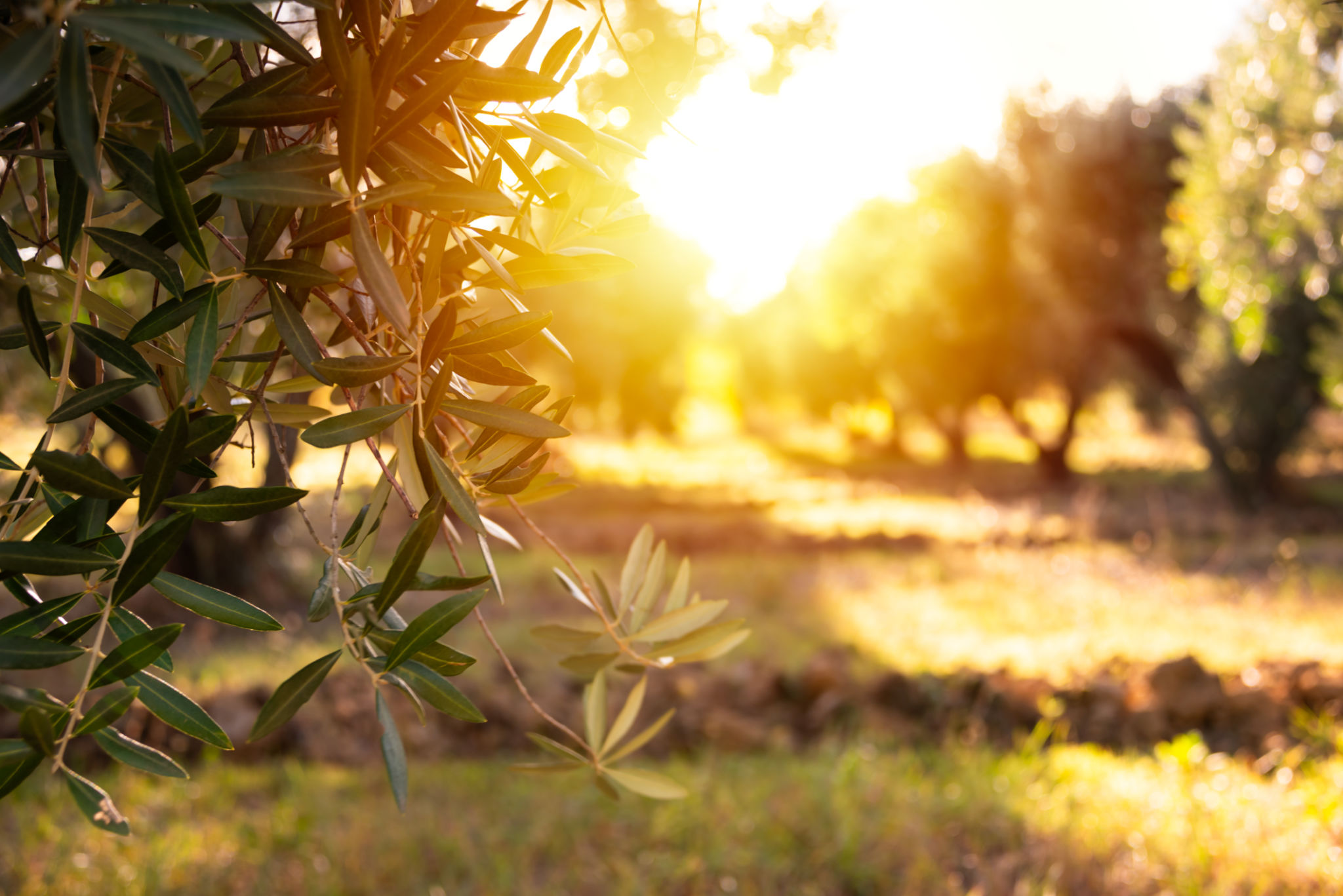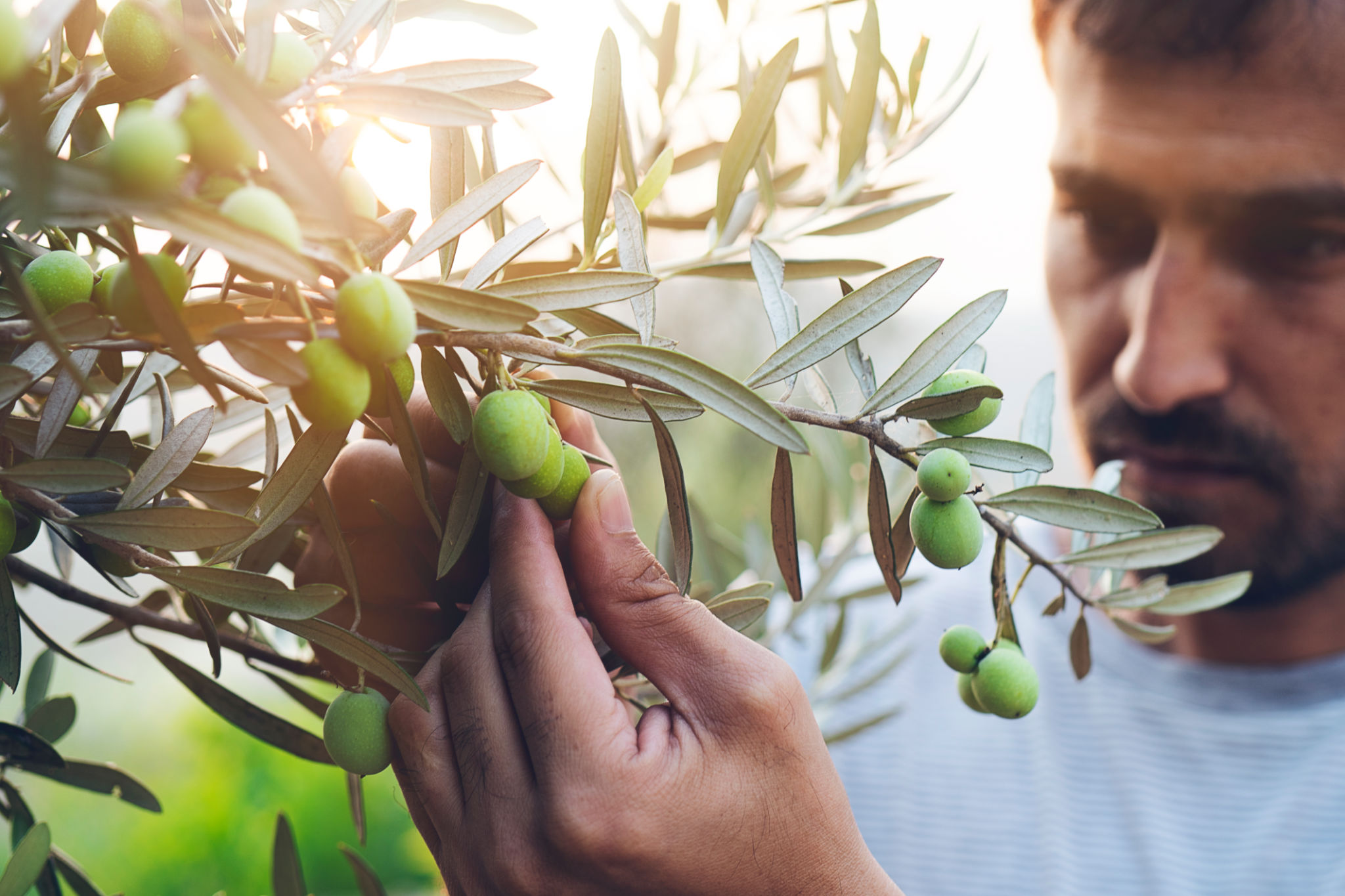Comparing Olive Varieties: Which is Best for Your Farm?
Understanding Olive Varieties
Olive trees have been cultivated for thousands of years, producing a range of varieties that differ in size, taste, and oil content. Whether you're a seasoned farmer or new to olive cultivation, selecting the right variety for your farm is crucial. Each type of olive has its unique characteristics that can impact your yield and product quality.

Key Factors When Choosing Olive Varieties
When comparing olive varieties, consider factors such as climate adaptability, disease resistance, and intended use. Some olives are better suited for oil production, while others may be ideal for table consumption. Here's a closer look at what to consider:
- Climate Adaptability: Different varieties thrive in specific climates. Consider your local climate conditions.
- Disease Resistance: Opt for varieties known for their resilience to common olive diseases.
- Yield and Productivity: Evaluate the potential yield and how consistently the variety produces fruit.
- Oil Content: If oil production is your goal, select varieties with high oil content.
Popular Olive Varieties
Farmers often choose from a range of popular olive varieties, each offering distinct benefits. Here are some of the most common:
Arbequina
Arbequina olives are known for their adaptability to various climates and resistance to pests. These small olives produce a mild, buttery oil that is highly sought after. Their compact size makes them ideal for high-density planting, allowing for efficient use of space.

Picual
Originating from Spain, Picual olives are praised for their robust flavor and high oil content. They are particularly resistant to drought and pests, making them a reliable choice for farmers in challenging conditions. The oil produced is often used for cooking due to its stability and rich taste.
Choosing the Best Variety for Your Farm
When selecting the best olive variety for your farm, consider conducting a soil analysis to understand the compatibility with different types. It's also beneficial to consult with local agricultural experts who can provide insights into the varieties that perform well in your region.

Mixing Varieties
Many farmers opt to plant multiple varieties to diversify their crop and reduce risk. This approach can lead to a more balanced harvest and cater to different market demands, such as both table olives and olive oil production.
Ultimately, the best olive variety for your farm will depend on your specific goals, resources, and environmental conditions. By carefully evaluating each option and considering expert advice, you can optimize your farm's productivity and ensure a successful harvest season.